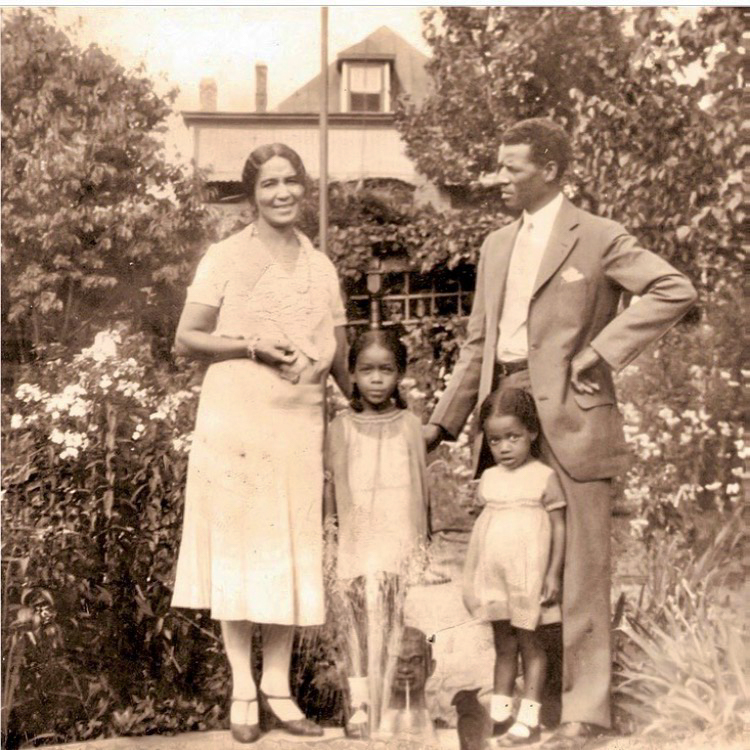Once the home of a poet and civil rights activist, the Anne Spencer House and Garden provides a space to relax, reflect or create while engaging with Lynchburg’s rich African American history.
Anne Spencer, born in 1882, served as a poet, civil and women’s rights activist, teacher, librarian and gardener, according to the organization’s website. She was part of the 1920s Harlem Renaissance and was among the founders of the Lynchburg chapter of the National Association for the Advancement of Colored People (NAACP). Anne Spencer’s poems, over 30 of which were published during her lifetime, notably appeared in publications by the NAACP. Her work consisted mostly of biblical, mythological and garden themes.
Anne Spencer’s husband, Edward Spencer, designed and built the house at 1313 Pierce St. in what is now Lynchburg’s historic district. They lived in the house for 72 years, welcoming many intellectuals and African Americans who were barred from hotels by segregation laws.
Anne Spencer’s house and garden is now a museum directed by her granddaughter Shaun Spencer-Hester. The house and garden were designated a Virginia Historic Landmark in 1976 and are included on the National Register of Historic Places. The Hillside Garden Club, a local garden club under the Garden Club of Virginia, maintains the garden. All of the roses in the garden, as well as many of the bulbs, flowers and shrubs, were planted by Anne Spencer.
Since its restoration in 1984, the Lynchburg community has utilized Anne Spencer’s garden for a wide variety of activities such as poetry readings, spoken word performances and weddings. Musicians come to play their instruments, artists set up easels and photographers take wedding, engagement and graduation pictures in the garden.

The garden makes a peaceful space for students to study (it has Wi-Fi), have a picnic or walk through to learn more about Anne Spencer and African American history. It offers seating, a pond and a self-guided informative tour. Despite being located on private property, it is a public garden.
“Students can be creative in how they want to use that space,” Spencer-Hester said. “We want them to know that they’re free to come sunrise to sunset seven days a week to enjoy the garden.”
And while students are encouraged to enjoy this unique piece of Lynchburg’s history, they can also play a role in preserving it.
Anyone interested in hands-on volunteer work in the garden can sign up for one of the Hillside Garden Club’s scheduled workdays. If unable to schedule around one of these workdays, students can also reach out to Spencer-Hester for other opportunities to volunteer individually or as a group. Work is always needed, she said, such as raking leaves or putting down gravel in the walkways. Liberty students can earn CSER hours in the garden.
“It’s really important to me and other people in the community that the students on these campuses come in and engage with the community,” Spencer-Hester said. “This is a great way to do that, to learn about the history and what the community is all about.”
Renee Farmer is a Feature Reporter. Follow her on Twitter at @reneefarmerr.
